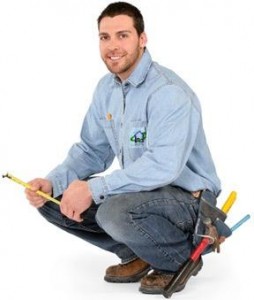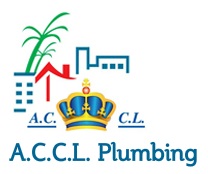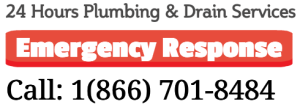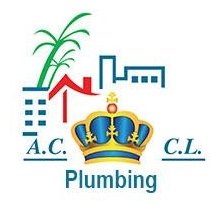The Effects of Cold Weather on Your Plumbing System: ACCL Plumbing
As winter drags on in Canada, it’s time to start thinking about what these frigid temps are doing to our pipes. Temperatures will continue to drop, so now is the best time to prepare your plumbing system before it is too late! We receive several calls each winter regarding frozen pipes, burst pipes, leaking water lines, malfunctioning water heaters, and other plumbing issues caused by freezing conditions. Ground temperatures drop substantially throughout the winter months, wreaking havoc on your plumbing systems. Continue reading to learn more about how cold water affects your plumbing system and what you can do this winter to avoid significant plumbing issues.
Heaters for Water
Is there anything more frustrating in the midst of winter than a faulty water heater? We don’t believe it, either. Your water heater works hard all year, but in the winter, it has to work even harder to keep your water warm. Because of the increased demand for hot water during the colder months, as well as the fact that water is transported to the water heater at considerably lower temperatures, your system goes into overdrive and takes a beating.
It’s fairly usual for water heaters to have troubles or entirely break down as the temperature lowers if they haven’t been properly maintained in the lead-up to winter.
During the winter, some of the most prevalent water heater problems include:
- Energy costs that be exorbitant
- The water heater is making strange noises.
- Insufficient hot water
- The water heater is leaking water.
- Rust
- Temperatures that fluctuate
Pipes
Frozen pipes are one of the most typical plumbing issues we see during the winter. Pipes can freeze when temps drop below freezing. Bad aromas coming from the sink, little to no water coming out of your faucet, and, of course, visible ice on the outside of your pipes are all signs that your pipes are frozen. Frozen pipes, if left unchecked, can lead to serious plumbing problems.
Water expands as it freezes, causing obstructions in your pipes. When a blockage becomes substantial enough, water struggles to flow through your pipes, resulting in high pressure. It is normal for frozen pipes to snap or burst when enough pressure has built up, causing serious damage to your property.
Burst pipes can cause flooding and damage to your home’s:
- FloorFurniture
- Wiring for electricity
- Joints in the floor
- Walls/Appliances
If left unattended, water damage can lead to the formation of mold and mildew in your home.
Drains
While it is never a good idea to pour grease or oil down the kitchen sink, it is especially crucial to avoid doing so in the winter. Pouring grease and oil down cold or frozen pipes can cause them to freeze, resulting in major drain blockages. You might be able to address the problem by pouring hot water down your drains, but more often than not, you’ll need to hire a plumber.
Prepare Your Plumbing System for the Winter with These Tips
There are a few things you can do to reduce your chances of having a plumbing problem this winter.
Precautions should be taken as follows:
- Allow the water from your faucets to drip.
- Bring your outdoor hose inside with you.
- Pouring grease or oil down the drain is not a good idea.
- Make use of pipe sleeves.
- Pipes should be insulated.
- Close the garage door and insulate the water heater.
- Reduce the water heater’s temperature.
- Drain the water from your pool.
- Maintain your water heater on a regular basis.

Need help finding the source of your plumbing problem? Or have any questions about how to fix it? Rely on our plumbing experts at ACCL Plumbing call us your today!
ACCL Plumbing offers repair and replacement services. We would be pleased to develop a guaranteed unique solution to keep your cleanouts, sewer blockages, clogged drains, burst pipes, broken water heater or over flowing toilets, free of any obstructions. We can help. Call 1(905) 448-5909 or visit our contact page to drop us a message http://acclplumbing.com/contact-us/


